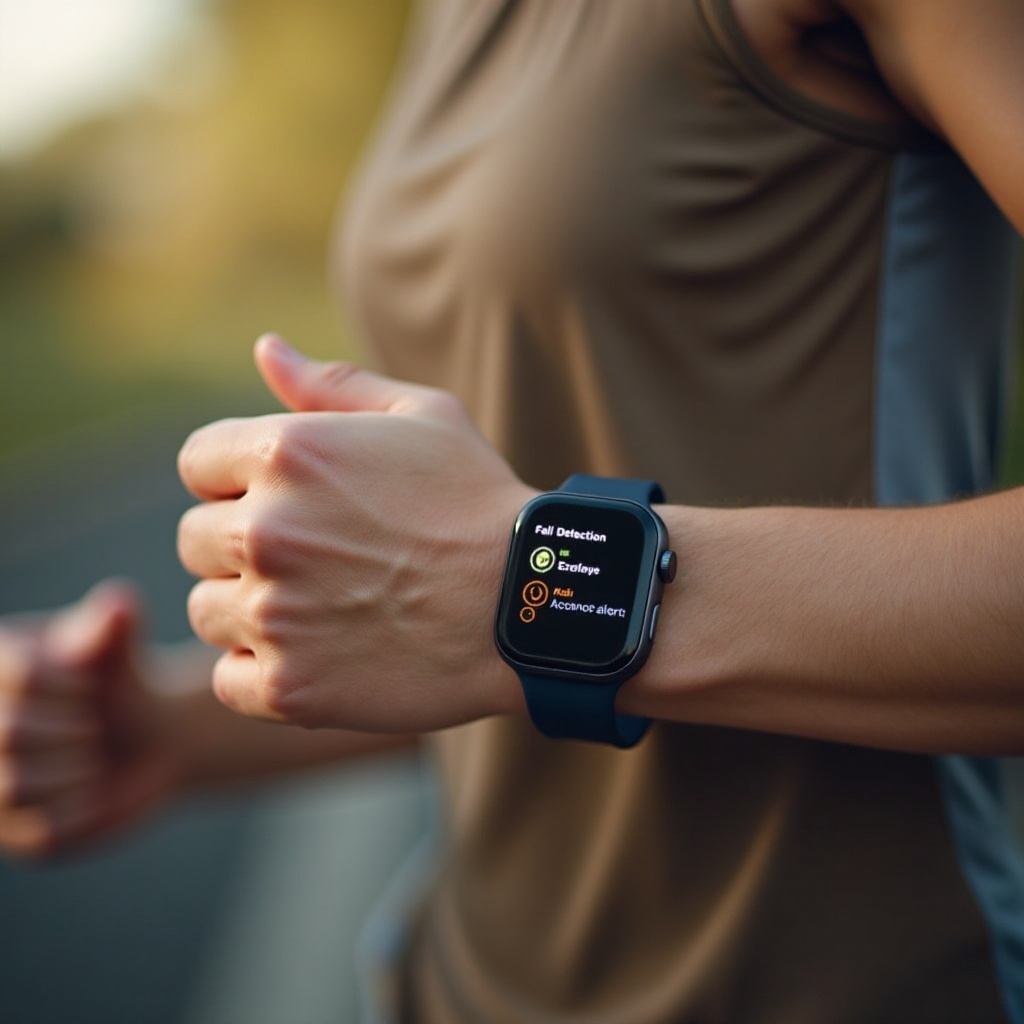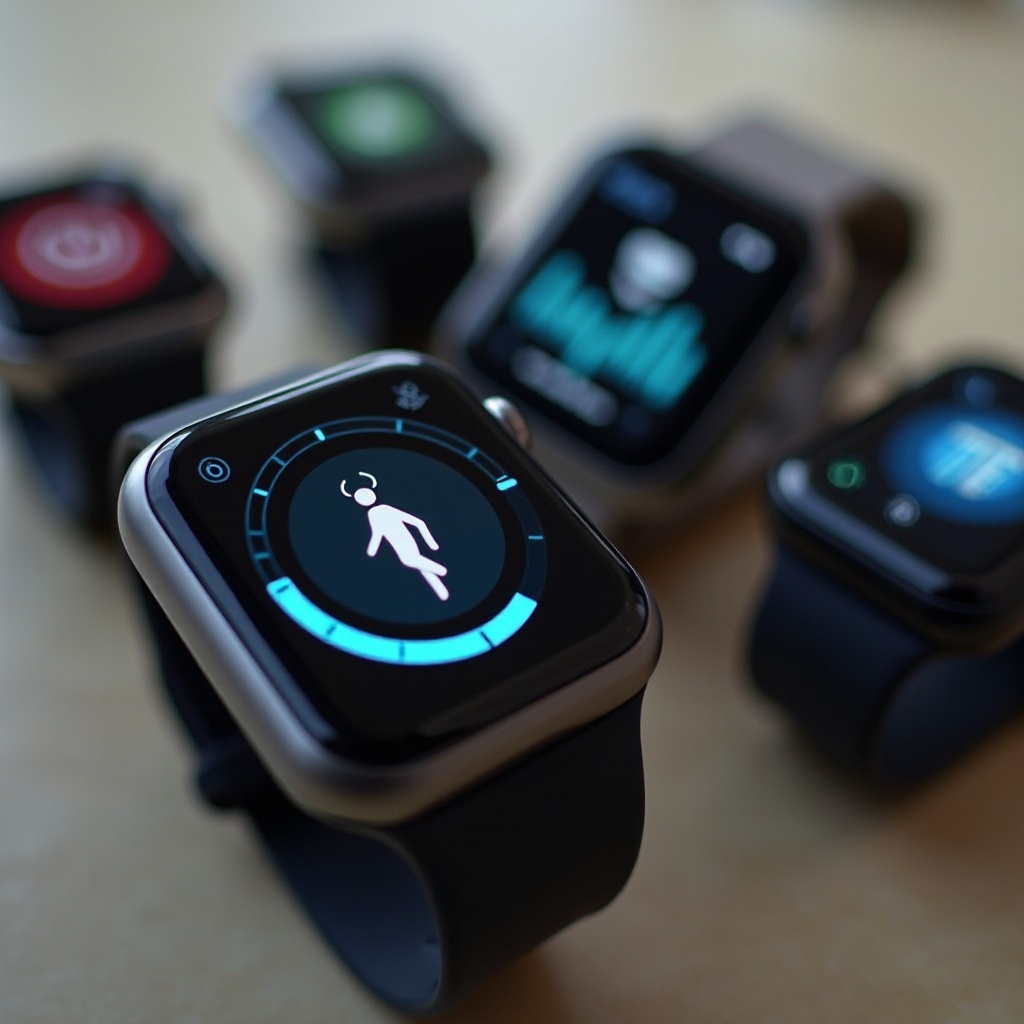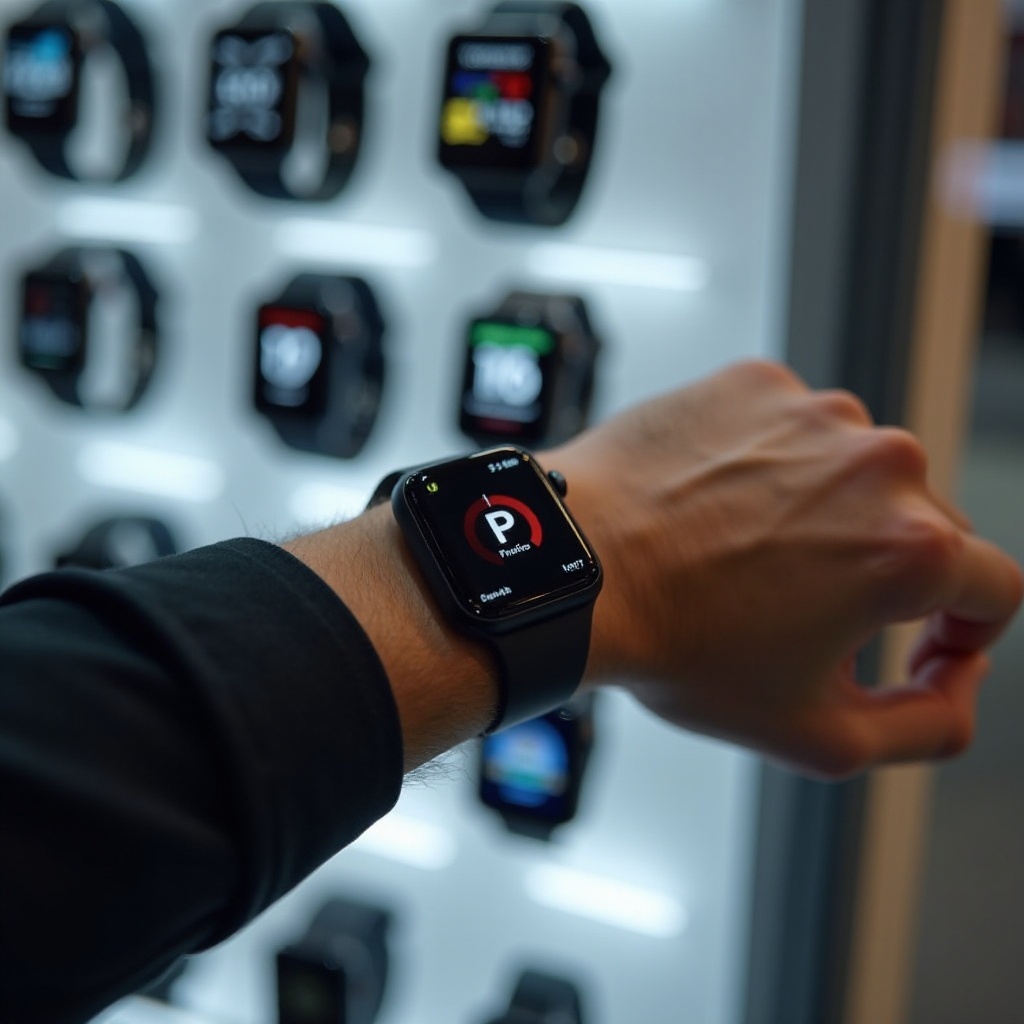Introduction to Fall Detection
In the rapidly evolving landscape of wearable technology, fall detection is emerging as a vital feature for enhancing personal safety. This innovation is particularly beneficial for the elderly and other at-risk individuals, providing a crucial layer of protection against the dangers of falls. Fall detection technology harnesses the power of accelerometers and sophisticated algorithms to differentiate between everyday movements and sudden falls. Upon detecting a fall, smartwatches can perform essential actions, such as emitting alarms, sending alerts, or automatically contacting emergency services if no user response is recorded. This article delves into the significance of fall detection in smartwatches, with a critical examination of Fitbit’s current offerings—or lack thereof—in this essential field.

Comparison with Other Smartwatches
Apple Watch
The Apple Watch has been a pioneer in embedding fall detection into its devices, effectively setting a high standard within the industry. Its ability to seamlessly integrate with emergency services is highly lauded, offering users peace of mind through its accuracy and reliability. The Apple Watch’s advanced sensors and algorithmic prowess provide a compelling safety net, automatically triggering an alert if a hard fall is detected and the user does not respond within a specified timeframe. This feature has become a significant selling point, ensuring users that their wellbeing is continuously monitored.
Google Pixel and Others
Recently, the Google Pixel Watch introduced fall detection, marking a significant milestone in Google’s push into the competitive smartwatch market. This addition has not only enhanced the Pixel Watch’s appeal but also intensified competition, urging consumers to consider alternatives to traditional choices like Fitbit. By offering comprehensive emergency measures, the Pixel Watch aligns itself with consumer demands for more integrated health and safety features.
Amazfit and Xiaomi, on the other hand, remain behind in incorporating full-fledged fall detection capabilities. While they have made strides in affordability and fitness tracking, these brands lack the robust emergency features that are increasingly becoming standard. As consumers become more security-conscious, the need for such features may increasingly influence purchasing decisions.

Impact on Fitbit Users
The heightened focus on enriching fall detection capabilities in competitor devices has left Fitbit users facing a dilemma. Despite Fitbit’s strong reputation for fitness tracking, the absence of fall detection illuminates a significant gap in its product lineup. Users accustomed to comprehensive fitness ecosystems may find themselves weighing the advantages of Fitbit against the pressing need for safety features found in other brands.
As Google, the parent company of Fitbit, channels more development resources into the Pixel Watch, concerns are mounting among Fitbit’s loyal user base. This strategic pivot could potentially steer users to explore other devices offering more robust health and safety functionalities. While Fitbit continues to excel in self-tracking fitness metrics, the lack of fall detection may lead to dissatisfaction among users seeking a holistic approach to their personal safety technology.
Limitations of Other Brands
Fitbit’s deficit in emergency features is a notable drawback in a fiercely competitive market. However, it isn’t the only brand encountering this limitation. Other manufacturers such as Amazfit and Xiaomi also exhibit deficiencies in safety features, despite their advancements in other areas. This reinforces the imperative for consumers to prioritize comprehensive safety capabilities when electing a smartwatch.
As smartwatch technology progresses, the absence of fall detection might render a device obsolete in the eyeline of safety-focused consumers. This industry trend underscores the exigence for all smartwatch manufacturers, including Fitbit, to evolve their product offerings to remain relevant and competitive.

Summary
In conclusion, the absence of fall detection in Fitbit’s smartwatch lineup presents a significant hurdle for users pursuing an all-encompassing safety solution. As companies like Apple and Google Pixel advance with innovative health monitoring functionalities, Fitbit’s comparably sparse offerings are becoming less appealing. Such limitations may drive users to wider industry alternatives that promise integrated health and emergency capabilities. As the landscape of wearable technology continues to transform, the growing demand for comprehensive safety features could set new benchmarks that Fitbit and other manufacturers must strive to meet.
Does Fitbit offer fall detection features in their smart watches?
As of my last update, Fitbit does not offer a fall detection feature in their smartwatches. Fall detection is a feature that many users find useful in ensuring safety, especially for the elderly or those with medical conditions that could lead to falls. While Fitbit’s range of devices focuses on health and fitness tracking, such as heart rate monitoring, sleep tracking, and activity tracking, they lack the specific capability to detect falls. Users interested in this feature might need to look at alternatives that do provide fall detection support.
What are the alternatives to Fitbit for fall detection?
For individuals seeking smartwatches with fall detection capabilities, notable alternatives include the Apple Watch and certain models from Garmin and Samsung. The Apple Watch Series 4 and later models have built-in fall detection, which can automatically contact emergency services if a hard fall is detected and the wearer doesn’t respond in a timely fashion. Samsung’s Galaxy Watch models, like the Galaxy Watch 3 and Galaxy Watch 4, also offer similar features. Additionally, some Garmin smartwatches provide incident detection, which can serve similar purposes for providing peace of mind to the user and their loved ones.
Which Fitbit model is most suitable for seniors?
The Fitbit model most suitable for seniors is likely the Fitbit Sense or Fitbit Versa 3. Both offer comprehensive health monitoring features, including heart rate tracking, SpO2 monitoring, stress management tools, and detailed sleep analytics. These models are user-friendly with intuitive interfaces and provide valuable insights into overall health and wellness. Additionally, the Fitbit app is easy to navigate for seniors, and both devices have good battery life, ensuring consistent tracking without the need for frequent charging. Although they do not offer fall detection, they are excellent options for seniors focused on maintaining an active lifestyle while monitoring key health metrics.
